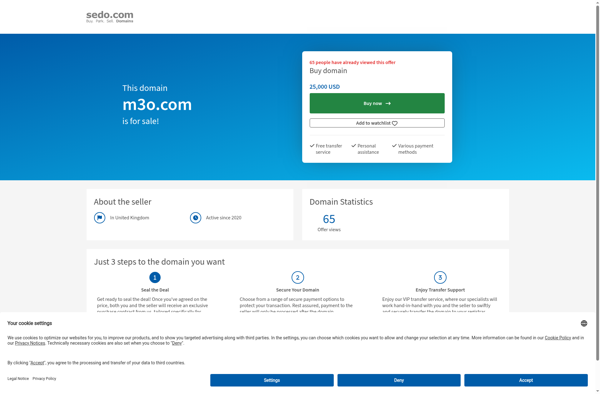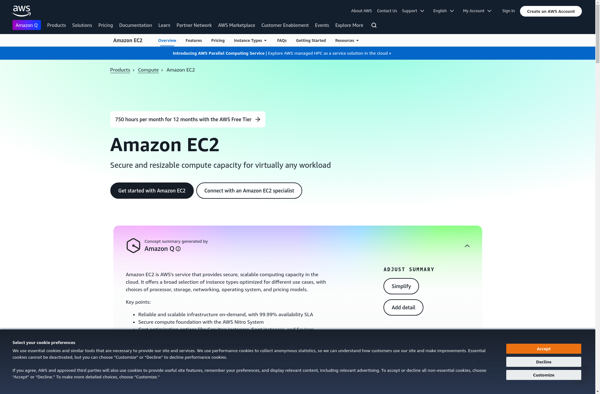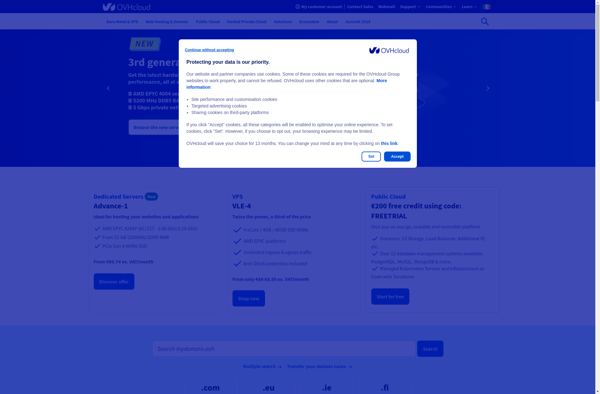M3O

M3O: Open Source Cloud Platform for Building APIs
M3O is an open source cloud platform that makes it easy to build, share and consume APIs. It handles all the infrastructure and networking so developers can focus on writing application logic. M3O supports many popular languages and frameworks like Golang, JavaScript, Python, Java, and more.
What is M3O?
M3O is an open source cloud platform designed to make it easy for developers to build, share, and consume APIs and microservices. It handles all of the infrastructure, networking, security, and operations tasks like provisioning and scaling servers so that developers can focus on writing application logic.
Some key capabilities and benefits of M3O include:
- Supports many popular languages and frameworks - Golang, JavaScript, Python, Java, and more
- Built-in pub/sub, queues, storage, auth, and more services to accelerate development
- Fully managed service - no servers to provision or manage
- Share and sell APIs and services through the marketplace
- Graphical interface to visibly compose microservices
- CLI for creating and managing services
- Autoscale workloads based on demand
- Usage based pricing - pay only for what you use
M3O removes the complexity associated with building robust and secure cloud services by providing a highly productive platform optimized for microservices development. Its unique architecture and developer focus makes it easy to go from idea to production faster.
M3O Features
Features
- Open source cloud platform
- Makes building, sharing and consuming APIs easy
- Handles infrastructure and networking
- Lets developers focus on application logic
- Supports languages like Golang, JavaScript, Python, Java
Pricing
- Open Source
- Freemium
- Pay-As-You-Go
Pros
Cons
Official Links
Reviews & Ratings
Login to ReviewThe Best M3O Alternatives
Top and other similar apps like M3O
Here are some alternatives to M3O:
Suggest an alternative ❐Amazon Web Services

Microsoft Azure

Linode

DigitalOcean

Google Cloud Platform

OpenStack

Amazon Elastic Compute Cloud

GoDaddy

Render

Heroku

OVH

Google App Engine
